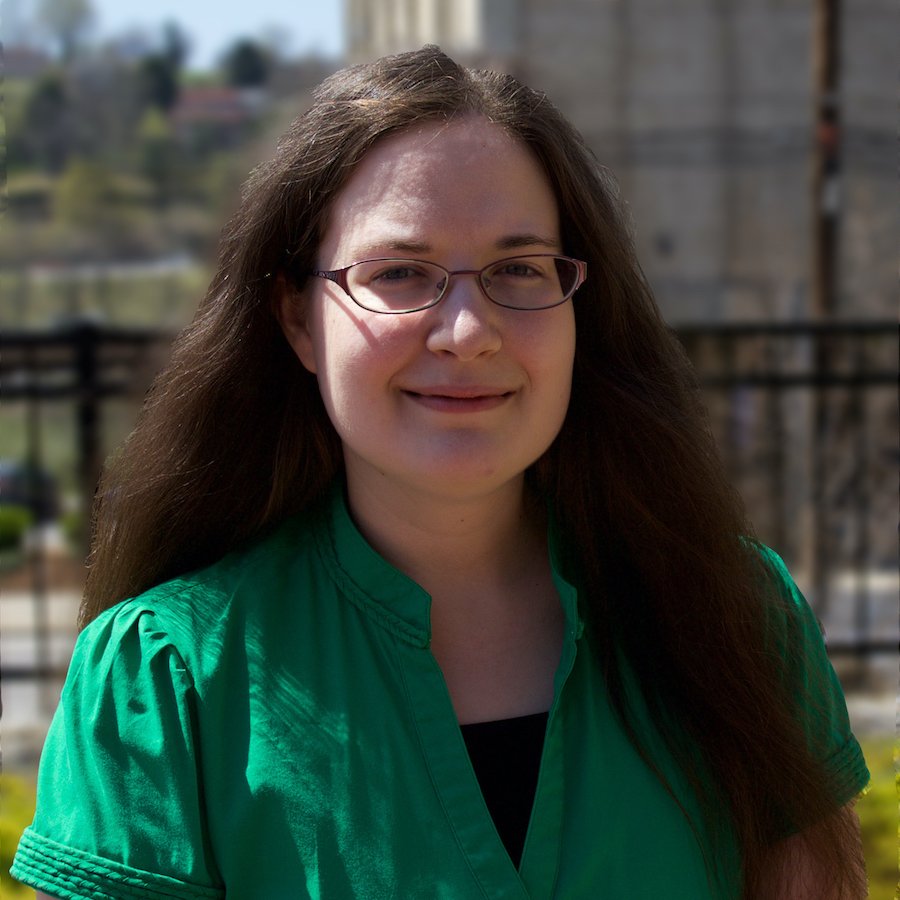Social location and predictors of adopting an atheistic worldview in the United States
Principal Investigators
Dr. Katie E. Corcoran
Department of Sociology and Anthropology
West Virginia University
Dr. Christopher P. Scheitle
Department of Sociology and Anthropology
West Virginia University
This project examined general, proximate, social causes of adopting an atheistic worldview that is, shifting from believing in God to not believing in God. Past research on this issue has suffered from one or more shortcomings. Some research, for instance, has grouped all religiously unaffiliated individuals together in operationalizing an atheistic worldview. Other research has lacked longitudinal data that would provide greater leverage to identify causal factors in adopting an atheistic worldview.
We theorize four social predictors — (non)religious upbringing, exposure to worldview pluralism, higher education, and US regional cultures — that should affect whether someone adopts an atheistic worldview. We used a longitudinal panel survey representative of US teenagers, the National Study of Youth and Religion (NSYR), to test our hypotheses. The panel nature of the data allowed us to use temporally prior predictors to examine their effect on whether someone adopts an atheistic worldview.
We were interested in the main social causes of atheism and what theories contribute to explaining why someone adopts an atheistic worldview. Findings from the project provide new insights into the role of social factors and location in predicting adoption of an atheistic worldview.
Publications
Predictors of adopting an atheistic worldview: An analysis of survey data containing a retrospective measure of belief in God (2023) Socius: Sociological Research for a Dynamic World
The number of religious ‘nones’ has soared, but not the number of atheists – and as social scientists, we wanted to know why (2024) The Conversation
Further publications from this project are forthcoming, check our Publications page for updates


